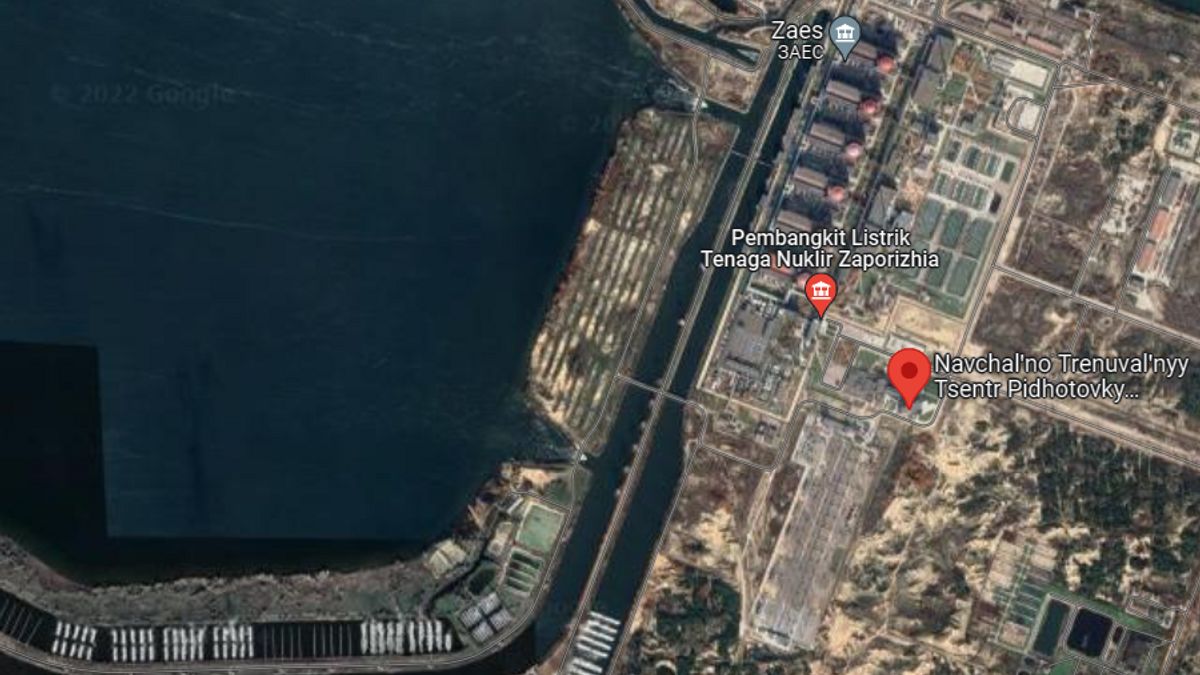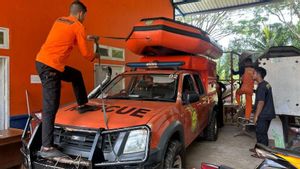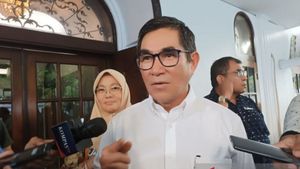JAKARTA - The fire at the Zaporizhzhia nuclear plant, Ukraine, which had been burning for several hours, has finally been extinguished. There were no casualties in the attack by Russian troops. But the world has already shuddered.
The Guardian wrote, The Zaporizhzhia nuclear power plant, which was built between 1984 and 1995, is the largest nuclear power plant in Europe. And so the ninth largest in the world.
The Zaporizhzhia nuclear power plant has six reactors, each producing 950MW. The energy produced accounts for one-fifth of Ukraine's electricity.
World panic over the dangers of radiation began when -- claims the Ukrainian government -- saw a fire in a training building outside the factory in the early hours of Friday March 4 after being fired on by Russian troops.
The Ukrainian foreign minister confirmed the information and said Russian troops were firing from all sides at the Zaporizhzhia nuclear power plant. He pleaded for a ceasefire so firefighters could step in and control the fire.
The Ukrainian State Emergency Service reported that radiation at the plant was still within normal limits and the fire conditions at the plant were not a cause for concern.
Ukrainian authorities on Friday morning guaranteed the safety of the nuclear reactor. This was also confirmed by a report by the International Atomic Energy Agency which stated that there was no drastic change in radiation levels at the Zaporizhzhia nuclear power plant site.
The US also said their latest information showed no indication of increasing radiation levels at the plant. US energy secretary Jennifer Granholm said the reactor was protected by a robust containment structure and the reactor was being safely shut down.
The analysis is quite a relief to come from Tony Irwin, honorary professor at the Australian National University. Irwin, who operated nuclear power plants in Britain for three decades, said the chances of an explosion, nuclear meltdown or radioactive release were low.
"Obviously, it's not a good idea if you start firing massive missiles at the reactor," he said.
“These reactors also have a backup emergency cooling system. Besides normal reactor coolants, they have passive systems, they have high pressure injection systems, they have low pressure injection systems."
Although still safe, Europe is still in action. British Prime Minister Boris Johnson said Russia's military action was a serious threat to the safety of Europe.
He said Britain would do everything it could to ensure the situation did not worsen further. The Prime Minister said he would convene an emergency meeting of the UN Security Council in the coming hours, and that Britain would soon raise the issue with Russia and close partners. The two leaders agreed that a ceasefire was essential.
The English, Chinese, Japanese, Arabic, and French versions are automatically generated by the AI. So there may still be inaccuracies in translating, please always see Indonesian as our main language. (system supported by DigitalSiber.id)













